Key Features:
1. Historical and Philosophical Context:
- The book provides a comprehensive look at the historical and philosophical context of Camus and Sartre’s relationship, including their roles in the existentialist and absurdist movements, as well as their political views.
2. Detailed Biographical Accounts:
- Aronson offers detailed biographical sketches of both Camus and Sartre, shedding light on their personal lives, intellectual development, and the influences that shaped their thoughts and writings.
3. Examination of Key Texts:
- The book examines key texts by both philosophers, such as Camus’s “The Stranger” and “The Myth of Sisyphus” and Sartre’s “Being and Nothingness” and “Nausea,” highlighting their differing philosophical perspectives.
4. Analysis of the Quarrel:
- Aronson provides an in-depth analysis of the quarrel that ended their friendship, focusing on the political and ideological disagreements that arose between them, particularly in the context of the Cold War and their differing views on communism.
5. Insightful Commentary:
- The book includes insightful commentary on the broader implications of their philosophical and political disagreements, exploring how their ideas continue to influence contemporary thought.
پس از آزادی فرانسه این دو مرد به روشنفکران و منادیان اگزیستانسالیسم تبدیل شدند (برچسبی که کامو هرگز آن را نپذیرفت) و در 15 سال پس از آشناییاولیه و تا زمان مرگ کامو، آنها در یک سناریوی سیاسی-روشنفکری و در سه پرده نقش خود را در جهان فلسفه، سیاست و ادبیات ایفا کردند که رونالد آرونسون با ظرافت، همدلی و دقت آن را بررسی و روایت میکند. در اولین ملاقات آنها در کافه دو فلور که سارتر و بووار در آنجا وقت میگذراندند، غذا میخوردند و معاشرت داشتند، هر سه بهطور عجیبی با هم گرم گرفتند. به گفتۀ بووار، اشتیاق کامو به تئاتر چیزی بود که یخهای بینشان را شکست. در ابتدا سارتر و کامو دوستان نزدیکی با تجربۀ مشترک در جبهۀ مقاومت فرانسه بودند اما درعینحال عزم آشکاری برای رویارویی با معضلات اخلاقی و سیاسی جهان داشتند.
باورهای بد (باورهایی که با شواهد در دسترس آشکارا ناسازگاری دارند) رایج هستند. بسیاری از گروههای اقلیتی مثلا باور دارند که واکسنها خطرناک هستند و تئوریهای توطئۀ عجیب و غریب را میپذیرند. فراگیر شدن باورهای بد شاید از نگاه سیاسی و اجتماعی مهم باشد و مثلا راه کنشگری کارآمد برای بحران تغییر اقلیم را سد کند. ازاینرو، توضیح اینکه چرا افراد باورهای بد را میپذیرند و اینکه برای وا داشتن آنها به بیشتر پاسخگو شدن به شواهد باید چهکار کرد، رسالتی پراهمیت است.


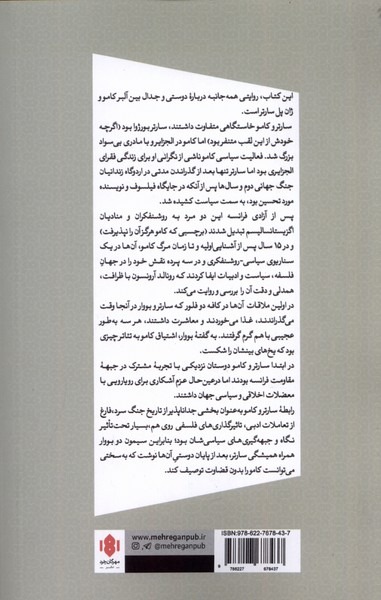


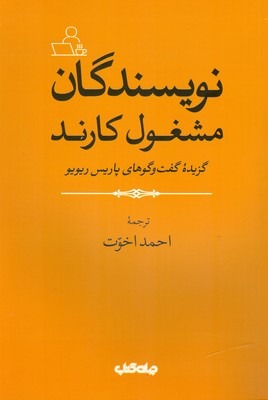
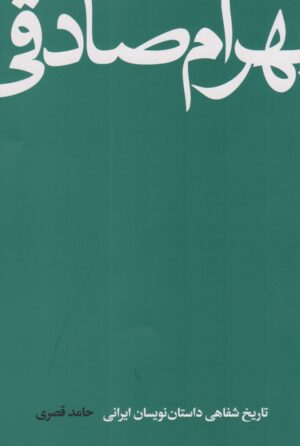
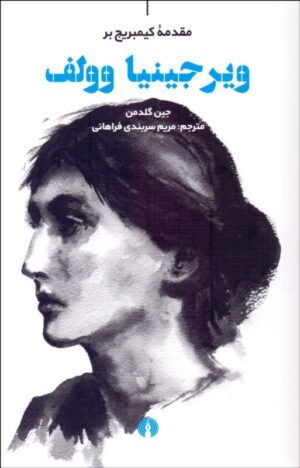
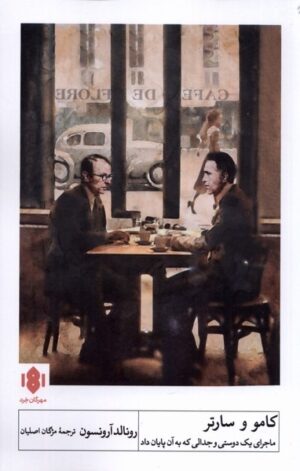
Reviews
There are no reviews yet.